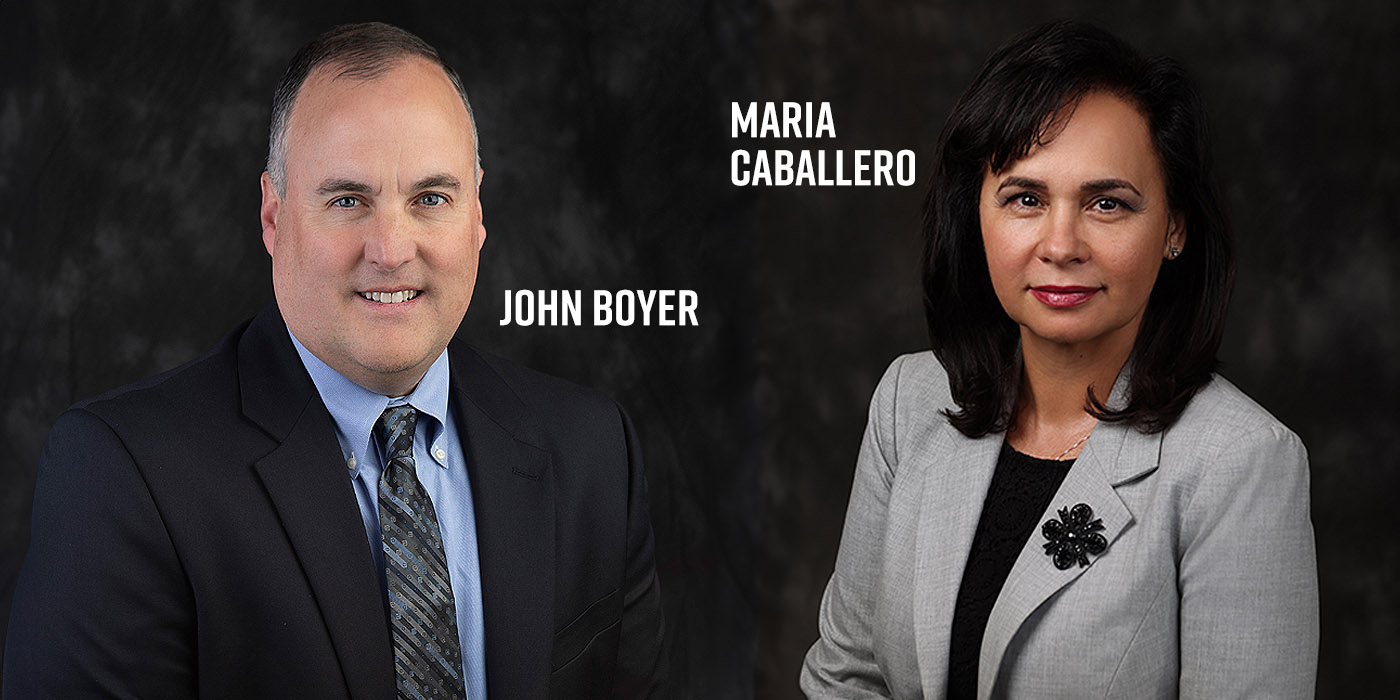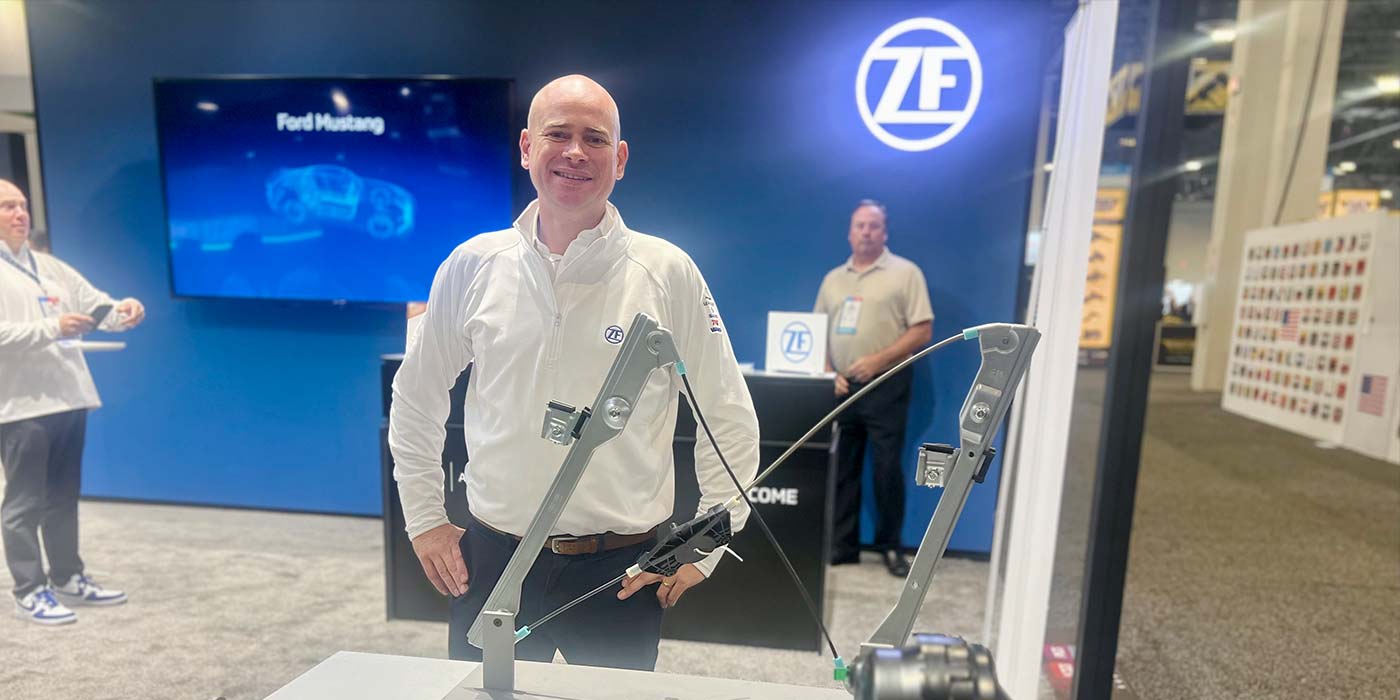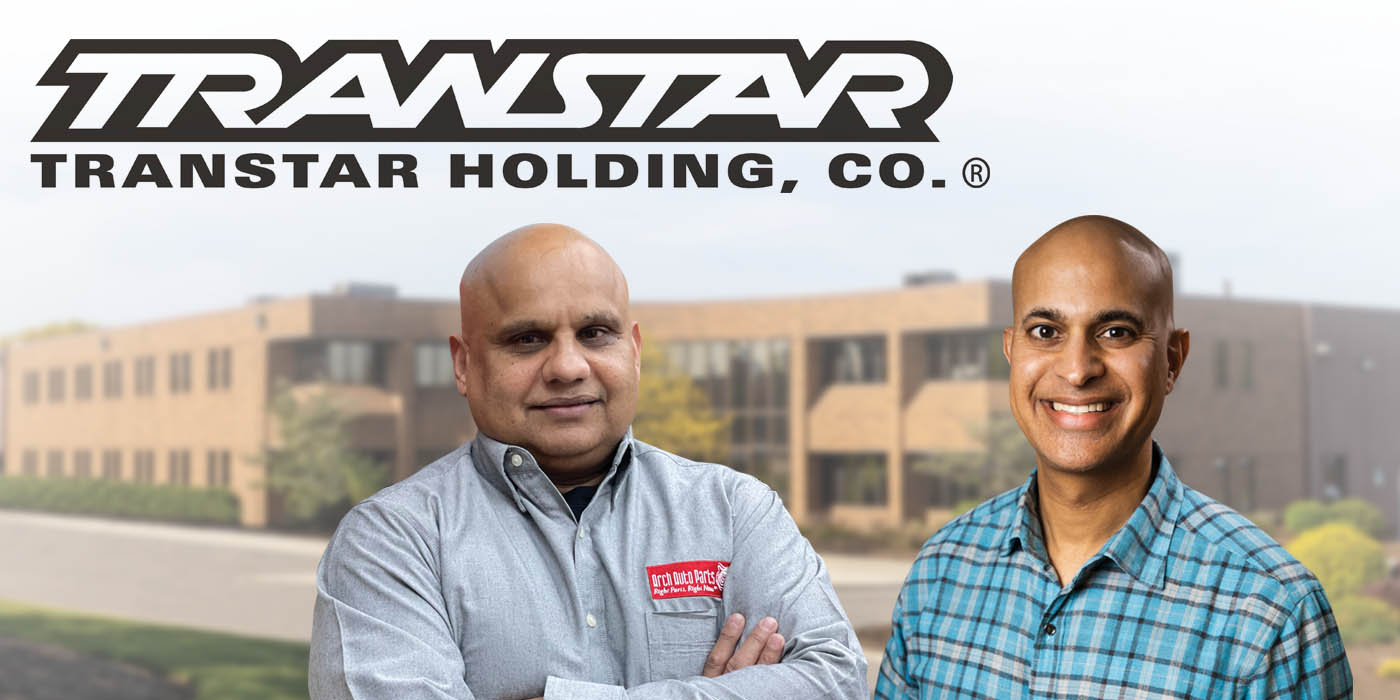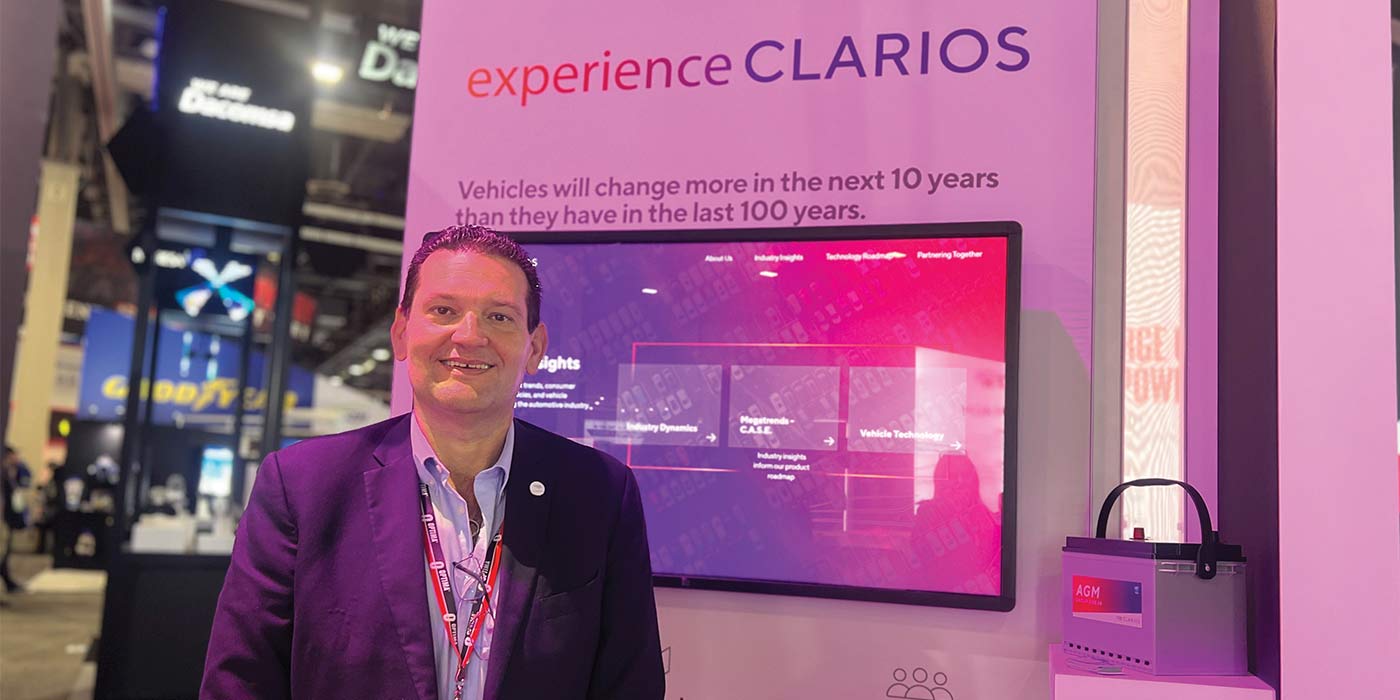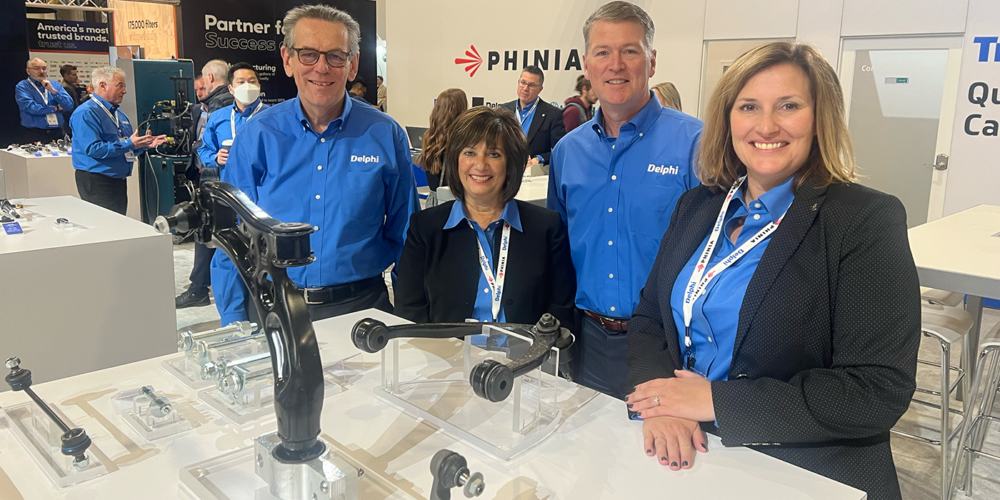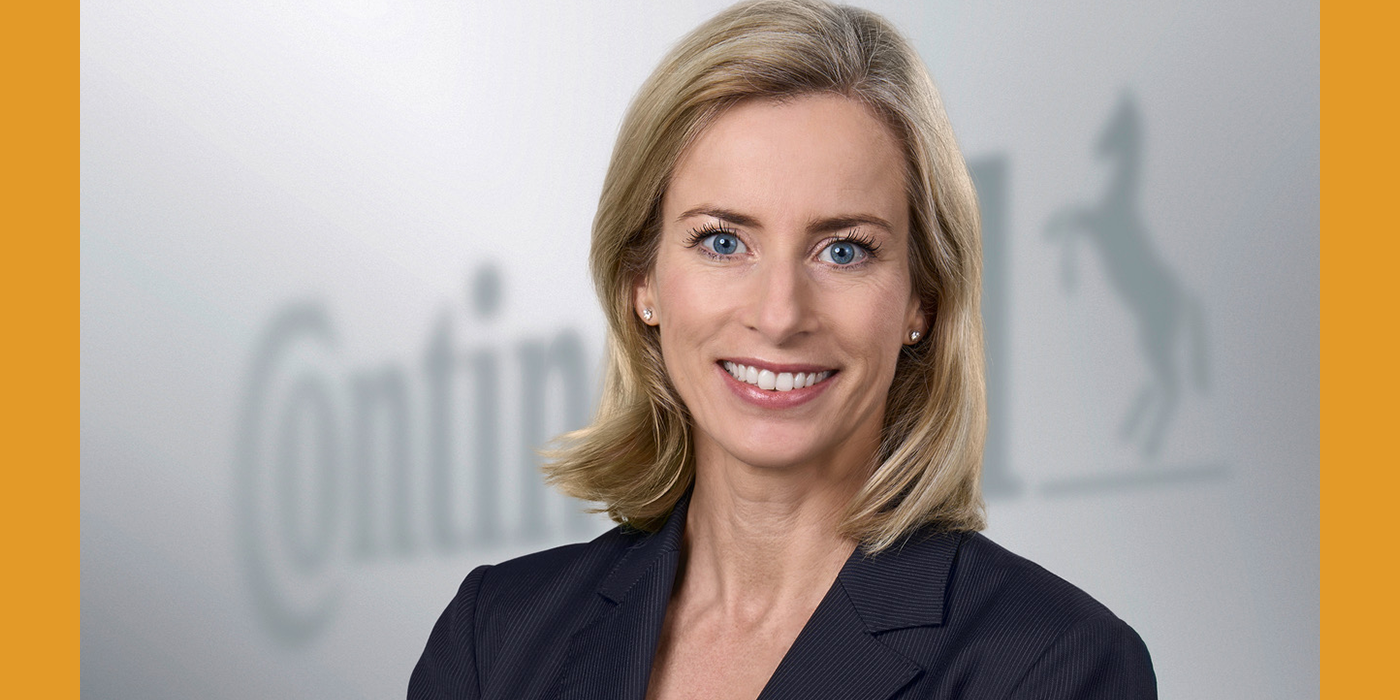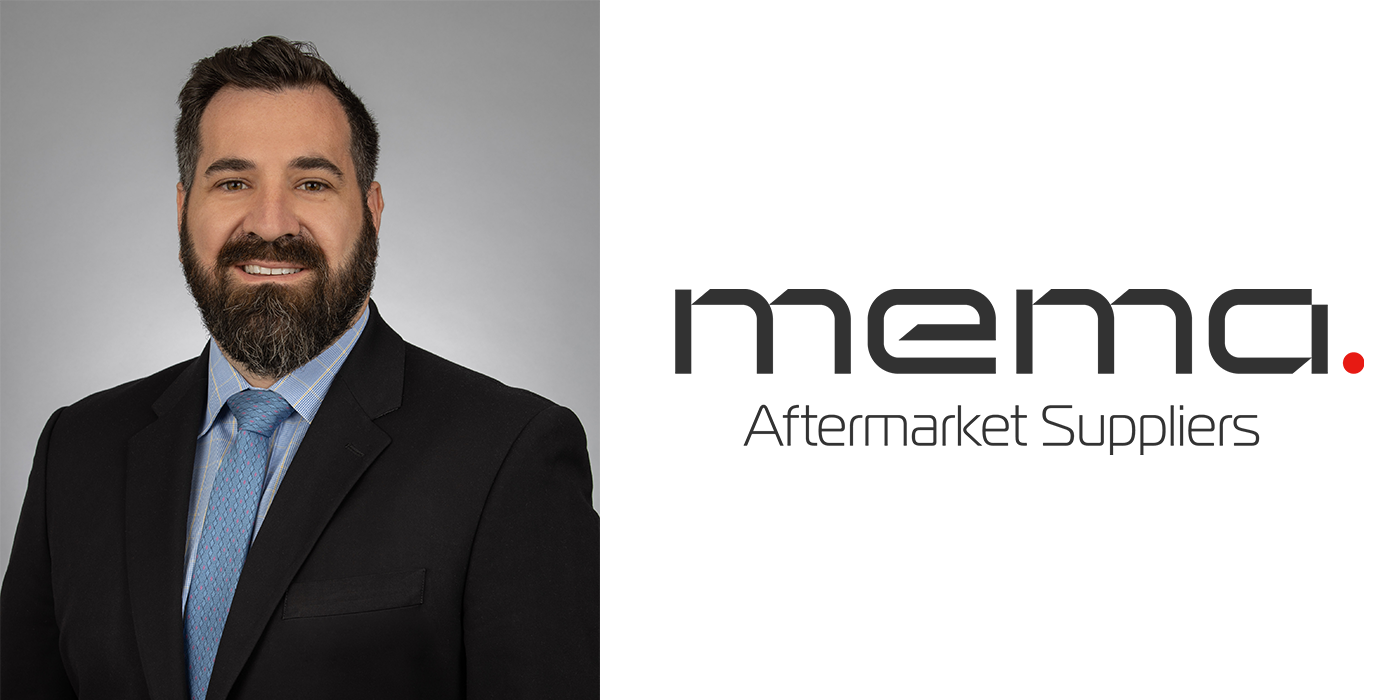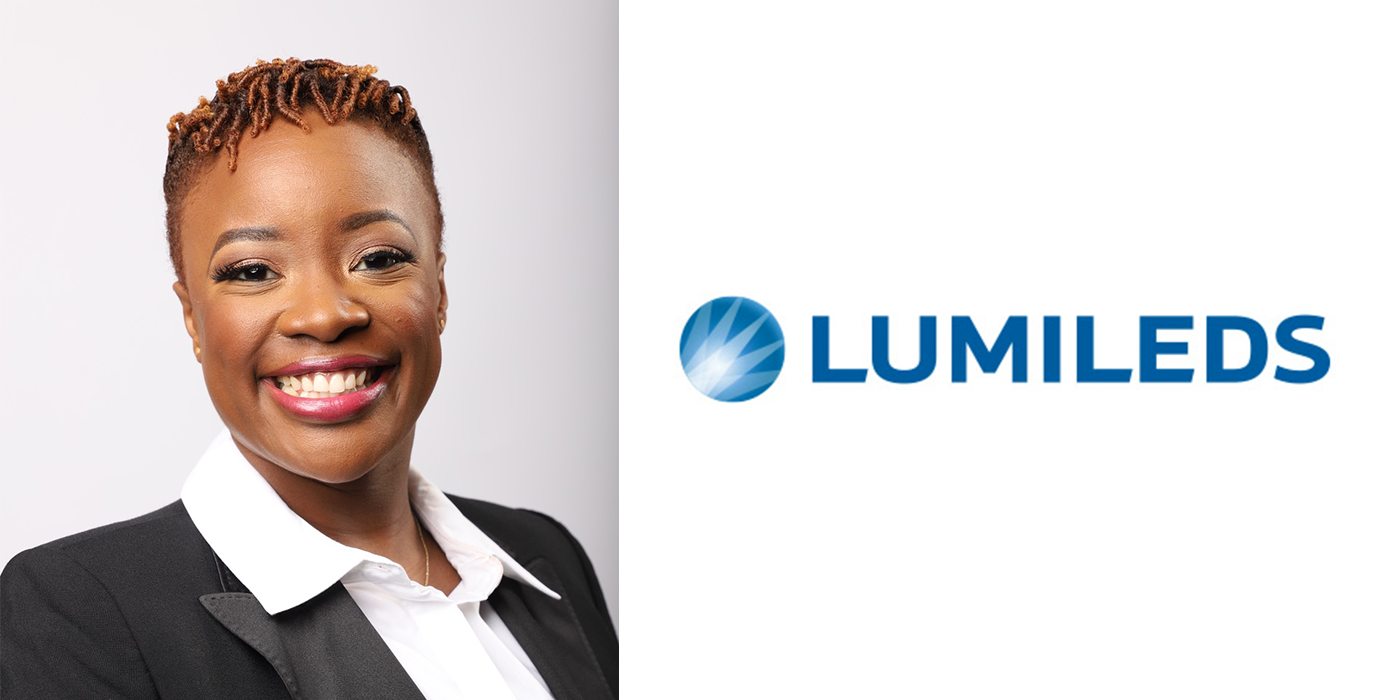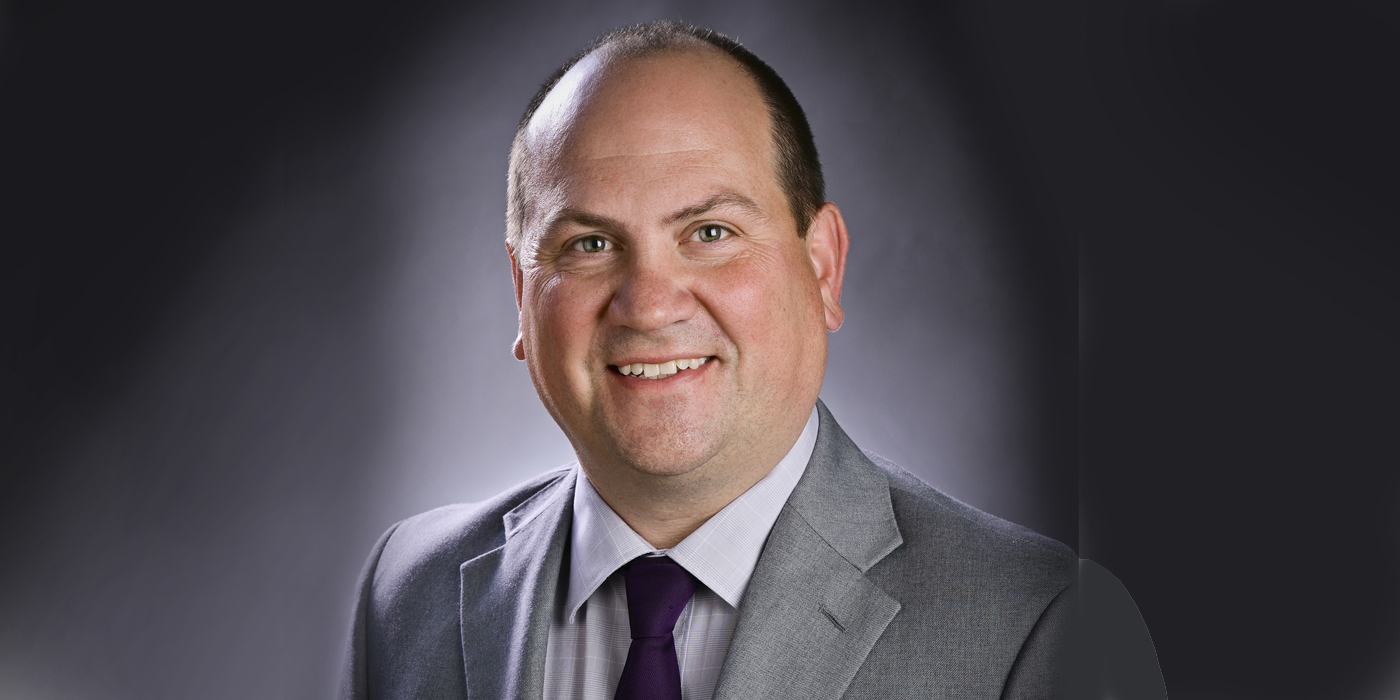By Amy Antenora, Editor
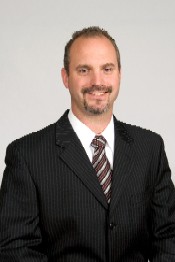 LEWISVILLE, Texas — Matt Guden is the business development manager for Everco Heavy Duty. In this position, he is responsible for market analysis, creating and managing brands for all markets, communicating with existing customers and the sales force and helping customers manage their inventories, in addition to product promotions and other marketing functions.
LEWISVILLE, Texas — Matt Guden is the business development manager for Everco Heavy Duty. In this position, he is responsible for market analysis, creating and managing brands for all markets, communicating with existing customers and the sales force and helping customers manage their inventories, in addition to product promotions and other marketing functions.
Guden began his career in the automotive aftermarket in 1985, when he worked in an auto parts store during high school and college. He later had the opportunity to run an automotive repair facility for several years.
Guden joined Standard Motor Products in 1997 as a territory manager in Minnesota and Wisconsin for the Engine Management and Temperature Control divisions. He was promoted to his current position as business development manager in 2006. In 2007, he also took on the responsibilities of brand management and became the head of the market analysis department in 2008.
Guden earned a marketing degree from Chippewa Valley Technical College in Eau Claire, Wis. He also served three years in the United States Army.
Join us as Guden re-introduces the Everco Heavy Duty brand and talks about the company’s brand strategy going forward.
Everco Heavy Duty has been spending the last year ‘reintroducing’ itself to the marketplace. Even the company’s newly relaunched Web site shouts: “We’re Back!” Can you give us a brief history of Everco? Where has the brand been and why was this a good time to bring Everco back to life?
Standard Motor Products acquired the Everco brand from Cooper in 1998. After the acquisition, our focus was on gaining efficiencies in the car and light truck segments. Four Seasons became the main line for our traditional WD business and the Everco brand was retired in 2004. Last year, we made the decision to re-launch Everco because we saw the heavy duty segment as offering large growth potential for us. Everco has a long history as a highly respected brand name that resonates in the marketplace. In fact, we recently did some focus groups and the feedback about Everco was very positive, demonstrating its strong brand equity.
Now that Everco is ‘back,’ what is the brand strategy going forward?
Our focus will be on supplying high-quality heavy duty air conditioning products at a very competitive price. We plan to take advantage of the existing brand equity we have in the Everco name and build from there. We must effectively communicate with not only our current customers, but with those potential customers who may not be familiar with Everco and its comprehensive product line. Through a network of experienced manufacturers’ rep firms, we have put together a strong sales team. We are positioning the Everco Heavy Duty brand as a leader from the outset, backing that up with quality parts, product expertise and the support of our entire Four Seasons organization.
How does Everco differ from its competitors and what do you feel sets the company apart from the rest?
Everco Heavy Duty is a basic manufacturer of both new and remanufactured compressors, blower and cooling fan motors, fan clutches and many other components. We have the product knowledge and expertise to know what it takes to build quality components whether we manufacture them ourselves or source them from another manufacturer. We have a global sourcing office in Asia that inspects and audits our manufacturing partners and their facilities to ensure that we are consistently receiving products that meet our quality specifications.
Being ‘green’ is a big issue in the motor vehicle industry today. Is this important to Everco and if so, in what ways does Everco try to minimize its impact on the environment?
As we like to say, “we were green before green was cool.” We have been committed to being an environmentally friendly company for a long time. For example, our plants recycle all waste from the manufacturing processes. In remanufacturing, we re-use the case of the compressor, recycling tons of material and keeping it out of landfills. We also have an in-house water treatment facility at our compressor plant in Texas.
Another big issue today, with both consumers and industry, is high gas prices. Are rising fuel costs having an impact on your business, and if so, in what ways?
The rising fuel prices are definitely affecting us and are also impacting the entire distribution channel. Our costs are rising rapidly in areas such as raw materials, manufacturing, shipping and so on. Our distributors are facing all the challenges that high fuel prices present, such as the increasing cost of delivery to their customers. In addition, when gas prices rise, vehicle owners and operators are more likely to postpone air conditioning repair than brake repair because of the level of impact vehicle safety. Air conditioning is considered optional in many parts of the country. We see this in particular with local delivery vehicles in very temperate areas of the country as opposed to heavy duty trucks that may travel nationwide. However, we need to stress to our customers that air conditioning can also be a safety issue as it impacts drivability, particularly on long hauls. A comfortable and alert driver is also a safer and more effective driver.
Everco Heavy Duty is owned by parent company Standard Motor Products, a leading provider of aftermarket products, including A/C products. How does the heavy duty A/C market differ from the A/C aftermarket and are there any parallels or areas of expertise that carry over from one segment to the other?
The principals of air conditioning operation do not differ between a passenger car and a Class 8 truck, and both the automotive and heavy duty aftermarkets are heavily impacted by weather extremes. However, the similarities end there. Cataloging is an example of an area that is often very different in the heavy duty aftermarket. While in the automotive aftermarket parts are categorized by application, the heavy duty segment tends to identify parts more often through interchanges and physical comparison.
Downtime is taboo when it comes to heavy duty vehicles. If a heavy duty vehicle is out of service, it is very costly to the operator. On the other hand, if a passenger vehicle is in for repairs, it is probably more of an inconvenience to the driver than a costly situation. Regardless, it is critical to have the right parts available locally for all vehicles, but particularly for heavy duty vehicles to keep downtime to a minimum.

